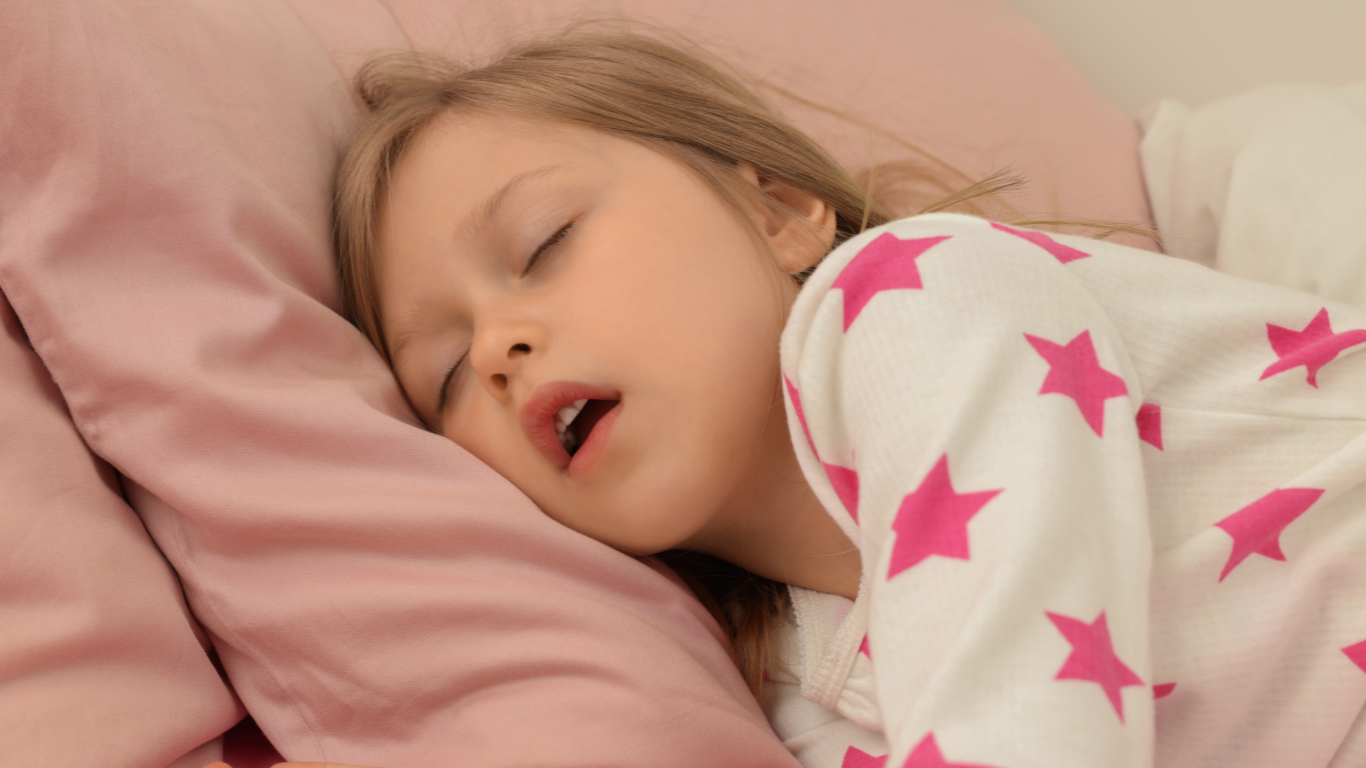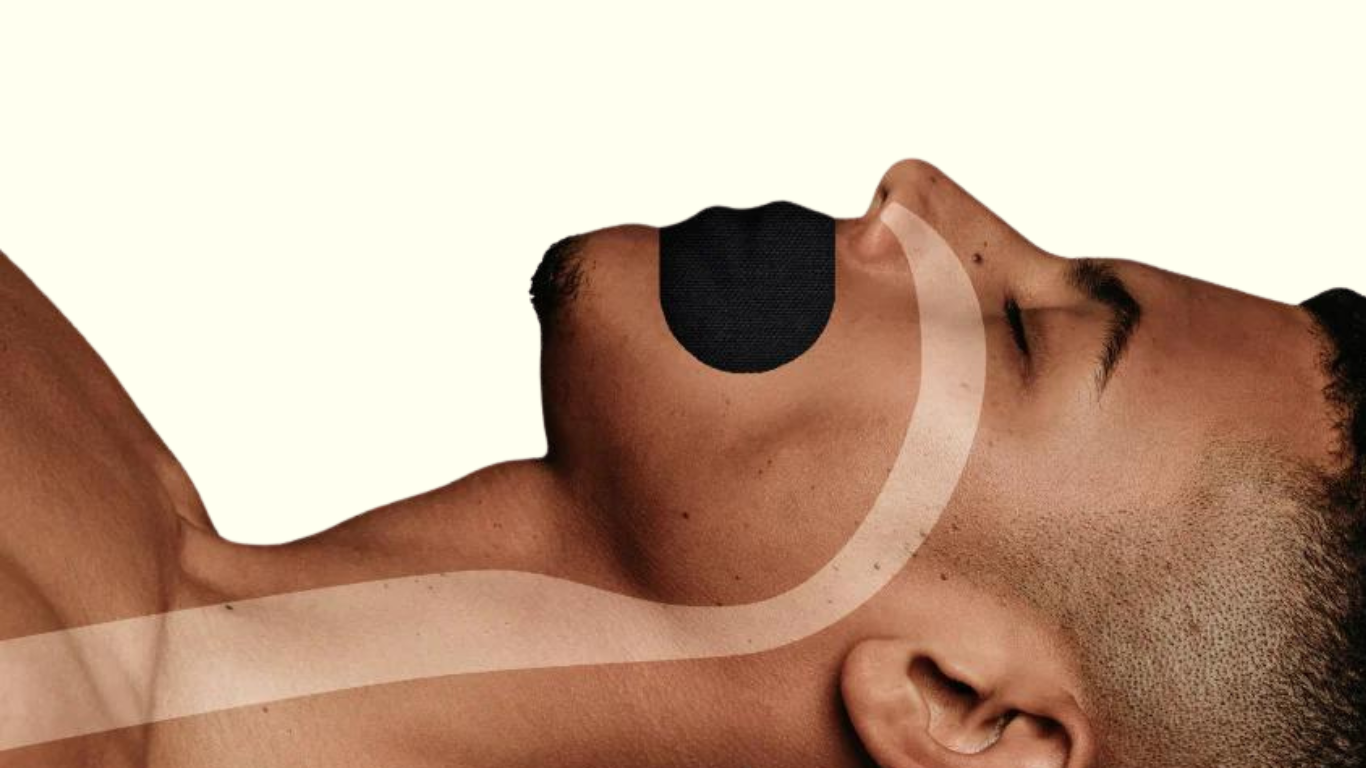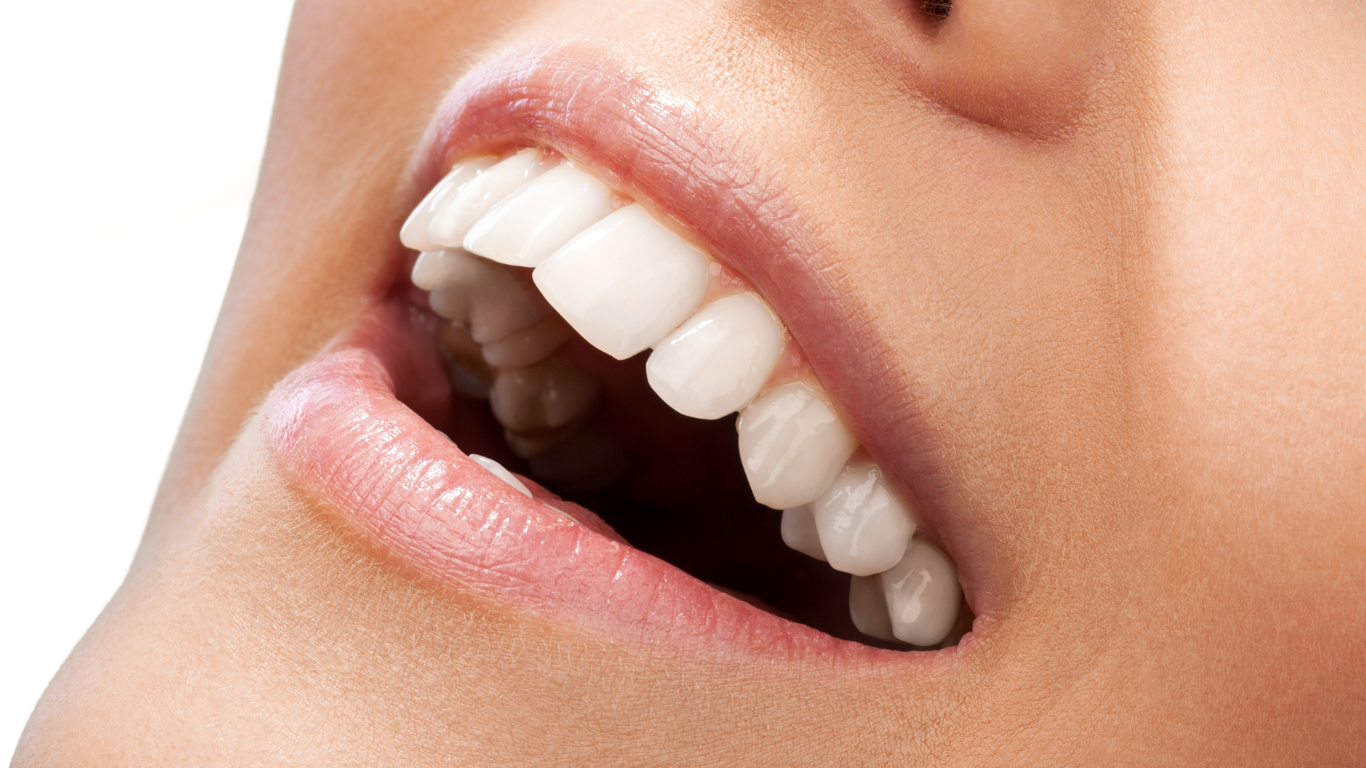As parents, we often keep an eye out for obvious signs of discomfort or illness in our children. But one issue that often slips under the radar is mouth breathing. Although it may seem like an innocent habit, mouth breathing can lead to a host of short- and long-term health problems, affecting everything from sleep quality and dental health to mental and physical development. Whether your child breathes through their mouth during the day, at night, or both, this seemingly small problem can have significant repercussions if left unaddressed.
But here's the good news: mouth breathing can be corrected. By recognizing the signs early and taking the right steps—such as using Lunasol Sleep Mouth Tape at night to encourage nasal breathing—you can help your child breathe better, sleep better, and, ultimately, live better. Let’s dive deeper into the health effects of mouth breathing and how making the switch to nasal breathing can transform your child’s well-being.
What is Mouth Breathing?
Mouth breathing occurs when a child breathes through their mouth rather than their nose, either while awake, asleep, or both. While occasional mouth breathing, such as during a cold or allergy flare-up, is normal, chronic mouth breathing is a cause for concern. Children may develop this habit for various reasons, such as nasal congestion, enlarged tonsils or adenoids, or a deviated septum. Regardless of the cause, it’s important to address mouth breathing because it can lead to a range of health issues.
Short-Term Effects of Mouth Breathing
The effects of mouth breathing in children may not be immediately obvious, but they can show up in a variety of ways that can impact their daily life and overall well-being. Let’s look at some of the short-term effects:
1. Poor Sleep Quality
Children who breathe through their mouth are more likely to suffer from poor sleep quality. Mouth breathing at night disrupts the normal sleep cycle, leading to frequent awakenings and fragmented sleep. This can prevent children from reaching the deep, restorative stages of sleep they need to grow and develop properly. You might notice your child waking up tired, irritable, or cranky despite spending enough time in bed.
2. Dry Mouth and Throat Irritation
Mouth breathing causes a constant flow of air through the mouth, which leads to dryness in the mouth and throat. This can cause discomfort, irritation, and even sore throats, especially upon waking in the morning. Over time, dry mouth can also increase the risk of cavities and gum disease, as saliva plays a crucial role in washing away bacteria from the teeth.
3. Daytime Fatigue and Cognitive Issues
When children don’t get enough quality sleep, it affects their cognitive functioning. They may struggle with concentration, memory retention, and problem-solving skills. Teachers may report that a child is having trouble paying attention in class or completing tasks, and they may appear more fatigued or lethargic than their peers.
4. Increased Susceptibility to Respiratory Infections
Mouth breathing bypasses the nasal passages, which are designed to filter, humidify, and warm the air we breathe. When children breathe through their mouths, they are more vulnerable to inhaling airborne pathogens, allergens, and other irritants, leading to an increased risk of respiratory infections, colds, and allergies.
5. Speech and Language Issues
Chronic mouth breathing can interfere with proper tongue placement and orofacial muscle development, leading to speech and language issues. Children who mouth breathe may develop articulation problems, such as lisping, and may have difficulty pronouncing certain sounds clearly.
Long-Term Effects of Mouth Breathing
While the short-term effects of mouth breathing are concerning enough, the long-term consequences can be even more severe. If left uncorrected, chronic mouth breathing can negatively impact a child’s physical, dental, mental, and emotional development.
1. Facial Development and Appearance
One of the most concerning long-term effects of mouth breathing is its impact on facial growth and development. When children breathe through their mouths, their jaw and facial muscles don’t develop properly. This can lead to long, narrow faces, recessed jaws, and a forward head posture. This altered facial structure can be difficult to correct later in life, often requiring orthodontic or surgical interventions.
2. Orthodontic Problems
Mouth breathing often goes hand-in-hand with dental problems. Children who breathe through their mouths are at a higher risk of developing malocclusions (misaligned teeth), such as an overbite, underbite, or crossbite. This is because the tongue is not in its proper resting position against the roof of the mouth, which can prevent the upper jaw from expanding properly. As a result, these children are more likely to need braces or other orthodontic treatments in the future.
3. Obstructive Sleep Apnea (OSA)
Mouth breathing can increase the likelihood of developing obstructive sleep apnea, a condition where the airway becomes blocked during sleep, causing breathing to repeatedly stop and start. Children with OSA may snore, gasp for air, or have long pauses in breathing while asleep. This condition can further worsen sleep quality, leading to long-term cognitive and behavioral issues if left untreated.
4. Emotional and Behavioral Problems
Chronic mouth breathing and the associated sleep disturbances can take a toll on a child’s emotional and behavioral health. Studies have shown that children who suffer from sleep problems due to mouth breathing are more likely to develop issues like anxiety, depression, ADHD-like symptoms, and aggression. These behavioral problems can lead to difficulties in school, poor relationships with peers, and a lower quality of life.
5. Reduced Athletic Performance
Mouth breathing decreases the amount of oxygen that reaches the lungs and bloodstream, making physical activity more difficult. Children who breathe through their mouths may tire more quickly during exercise, have less stamina, and struggle with sports and other physical activities. This can lead to frustration and a lack of interest in staying active, which is critical for their overall health and development.
6. Weakened Immune System
Nasal breathing plays an essential role in supporting the immune system by filtering out harmful bacteria and viruses. When children breathe through their mouths, their immune defenses are compromised, making them more susceptible to illnesses, allergies, and chronic inflammation. Over time, this can lead to a weakened immune system and increased vulnerability to infections.
Correcting Mouth Breathing: The Transition from Dysfunctional to Functional Breathing
Now that we understand the serious health effects of mouth breathing, it’s crucial to discuss how we can help children transition from dysfunctional breathing to proper nasal breathing. Early intervention is key, and there are several strategies you can employ to correct mouth breathing and promote long-term health.
1. Using Lunasol Sleep Mouth Tape
One of the most effective ways to encourage nasal breathing, especially at night, is by using Lunasol Sleep Mouth Tape. This specially designed tape gently adheres to the lips, helping children keep their mouths closed while they sleep, thus promoting nasal breathing. Unlike regular tapes, Lunasol Sleep Mouth Tape is hypoallergenic, safe for sensitive skin, and made with medical-grade materials that ensure a comfortable and secure fit, even for children with facial hair in adolescence. It comes in three varieties—Barely There, Just the Lips, and Fully Covered—to suit different needs and preferences.
- Barely There: For children new to mouth taping, this minimalist option encourages nasal breathing without feeling too restrictive.
- Just the Lips: Offers more coverage while still being comfortable, making it ideal for children who may open their mouths slightly during sleep.
- Fully Covered: Provides full lip coverage, ensuring the child’s mouth stays closed throughout the night, even if they tend to breathe heavily through their mouth.
Mouth tape helps re-train the body to breathe through the nose, reducing the risk of developing sleep disorders and other related health issues. Over time, children may naturally learn to keep their mouths closed, even during the day.
2. Addressing Nasal Congestion and Obstructions
Sometimes, mouth breathing is caused by an underlying issue, such as chronic nasal congestion, enlarged tonsils or adenoids, or a deviated septum. In these cases, it’s essential to consult a pediatrician or ENT specialist to address these problems. Treatments may include saline sprays, antihistamines, or, in some cases, surgery to remove obstructions and clear the airway.
3. Breathing Exercises and Myofunctional Therapy
Breathing exercises, such as those used in Buteyko Breathing or myofunctional therapy, can help children learn proper breathing techniques and strengthen the muscles needed for nasal breathing. These exercises focus on encouraging nasal breathing, improving tongue posture, and correcting dysfunctional breathing patterns. A trained therapist can work with your child to develop a personalized plan that includes breathing exercises and techniques to promote healthy breathing habits.
4. Proper Sleep Hygiene
Establishing good sleep hygiene can support the transition to nasal breathing. Make sure your child’s sleep environment is conducive to restful sleep—keep the bedroom cool, dark, and quiet, and limit screen time before bed. Establishing a consistent bedtime routine can also help regulate your child’s sleep patterns.
The Urgent Need to Address Mouth Breathing
The long-term effects of mouth breathing can be devastating, yet it’s often overlooked by parents and pediatricians alike. If your child shows signs of mouth breathing, the time to act is now. The earlier you intervene, the easier it will be to correct the problem and prevent lasting damage to their health and development.
Conclusion: Breathe, Sleep, and Live Better
Helping your child transition from mouth breathing to nasal breathing is one of the best things you can do for their health. Not only will it improve their sleep, dental health, and overall well-being, but it will also set them up for a lifetime of better physical, mental, and emotional health.
To start, consider using Lunasol Sleep Mouth Tape, a simple yet effective solution for promoting nasal breathing at night. Combined with other treatments like breathing exercises and addressing any underlying medical conditions, you can help your child breathe, sleep, and live better.
Don’t wait until the effects of mouth breathing take hold—act now to support your child’s health. Visit Lunasol Sleep and explore our range of mouth tapes specifically designed for gentle, safe, and effective mouth closure. Remember: Breathe | Sleep | Live Better.

















